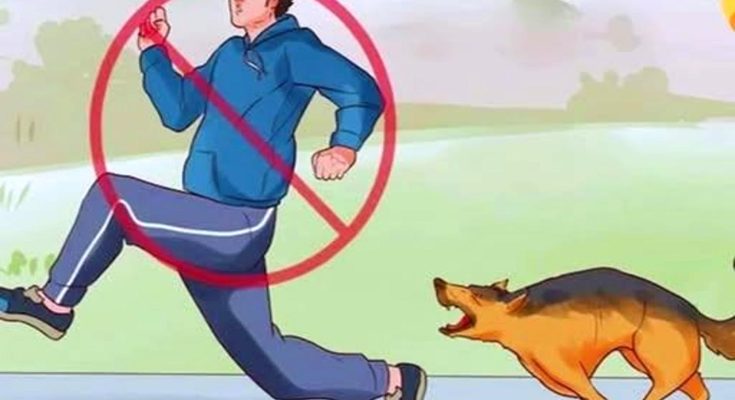Dogs always have a reason for their behavior, whether it’s barking at or biting certain people. Let’s explore the key factors behind these actions.
1. Dogs Bark When They Encounter Something New
One of the most common reasons dogs bark is their reaction to new experiences. Some dogs, especially those that are less socialized, may bark at strangers because everything about them feels unfamiliar—such as their scent, movements, or overall presence. For dogs, unfamiliarity often signals a potential threat, triggering a cautious response.
2. Certain Traits or Behaviors Can Trigger Barking
Some human characteristics and actions naturally make dogs more reactive. These include:
-
Wearing accessories like hooded hats or sunglasses, which obscure facial expressions and make dogs feel uneasy.
-
Having a lot of facial hair, which can alter facial recognition for dogs.
-
A tall and muscular build, which might seem intimidating.
-
Speaking in a deep, loud voice, which dogs can interpret as aggressive.
-
Staring directly into a dog’s eyes or pointing fingers, as these can be perceived as threats.
-
Smoking near dogs, though they are generally unbothered by scented products like shampoo or deodorant.
3. Dogs Are Protective of Their Owners
Dogs are naturally loyal and territorial. They instinctively guard their owners and may become aggressive toward strangers they perceive as a threat. This protective behavior is a key reason why some dogs bark at unfamiliar people while remaining calm around those they trust.
4. Dogs Can Sense a Person’s Character
Dogs are keen observers and can judge human behavior over time. Research suggests they assess whether a person is trustworthy by watching their interactions. If a dog notices someone acting suspiciously or treating their owner poorly, it may react defensively.
5. Past Negative Experiences Influence Reactions
Dogs with a history of bad experiences may develop defensive instincts. If a person resembles someone who mistreated them in the past—whether through appearance, scent, or actions—the dog may immediately bark or act aggressively.
6. How to Prevent Dog Bites
To reduce the chances of being bitten, it’s essential to treat dogs kindly from an early age. Socializing puppies by exposing them to different scents, sounds, and people helps them grow into well-adjusted adults. Owners can also train their dogs not to bark excessively at visitors and reward good behavior with treats.
By understanding these factors, we can foster better relationships with dogs and minimize negative encounters.
